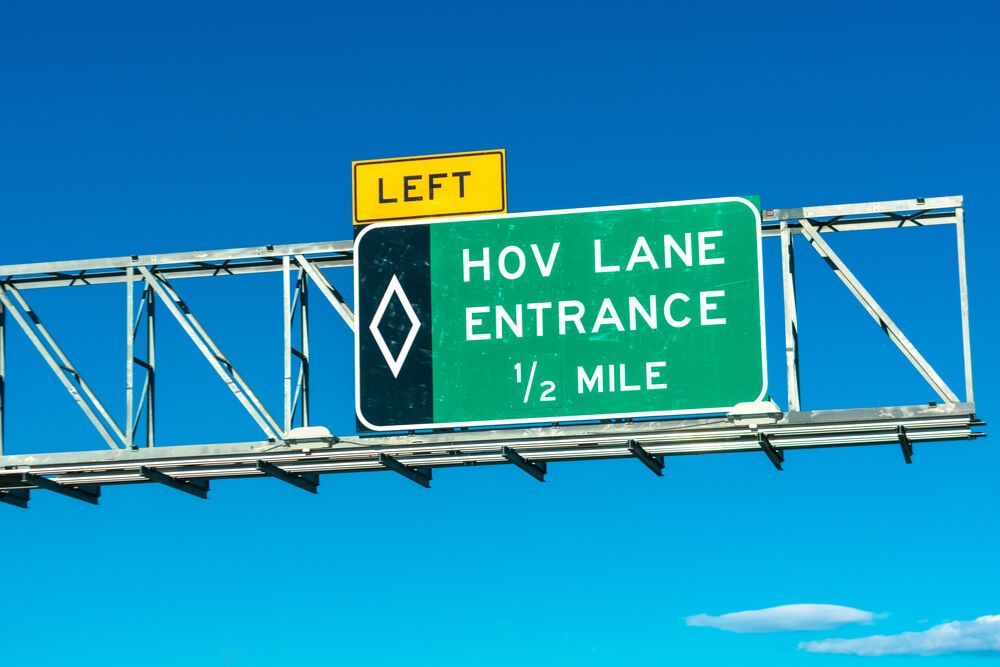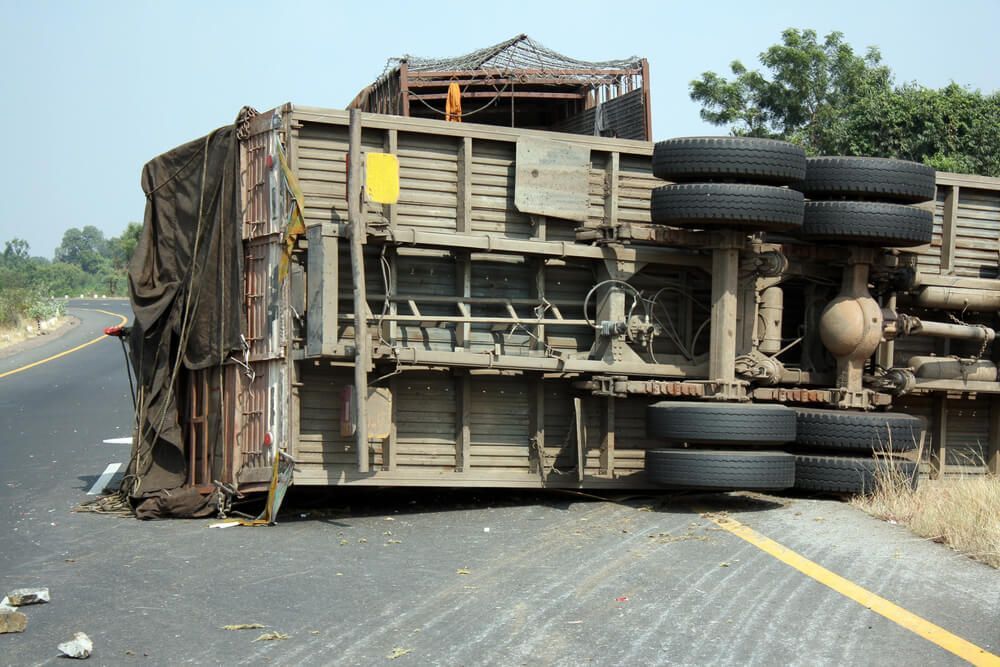What Does ‘Motion of Writ’ Mean in a Car Accident Legal Case?
Recent Blog Posts
What Does ‘Motion of Writ’ Mean in a Car Accident Legal Case?
When dealing with the aftermath of a car accident, you may encounter unfamiliar legal terms and processes. For example, what does “motion of writ” mean in a car accident case? Learn how motions of writ work, why you may need one and when they become an asset in your accident claim.
What Is a Motion of Writ?

A motion of writ is a request (“motion”) submitted to the court asking them to enforce an order (“writ”) to the other party involved in your legal case. You will usually make this request only if there is an error you need the other party to address or if you believe that they are violating legal procedures.
The Arizona courts provide easy access to civil forms online so you and your legal team can conveniently submit the necessary paperwork if you wish to request a motion.
Why Would You Need a Motion of Writ in a Car Accident Case?
A motion of writ is not necessary in most car accident cases. However, you might need one if one of the following situations applies to your case.
If the Insurance Company Acts in Bad Faith
If an insurance company doesn’t investigate your claim thoroughly or denies it without a valid reason, this could be considered bad faith. In such cases, it may be necessary to take legal action to hold the company accountable and protect your rights.
For example, suppose the insurance company refuses to settle within its policy limits or offers a settlement significantly lower than what is typical for your situation. In that case, you and your attorney may file a motion for a writ of garnishment.
Essentially, this writ can compel the insurer to pay out funds they owe you, even if they’ve been stalling or underpaying. By requesting a writ of garnishment, you’re ensuring the insurance company is held accountable for its bad faith actions and that you receive the settlement you deserve.
If the Other Party Is Not Disclosing Evidence
If you believe the other party has evidence that would benefit your case, but they do not reveal it during the discovery phase, a motion of writ can force their hand. For example, their legal deposition might clue you in on the possibility that they are hiding information. The court can enforce your right to access the information you need to strengthen your claim.
If the Other Party Refuses To Go to Trial
Suppose you wish to take your case to court, but the other party refuses to participate in litigation. You might want to sue someone after you already settled with their insurance company. The other party typically would have no obligation to engage in legal action, but if you can prove to a judge that you have valid grounds for reopening the lawsuit, a motion of writ can make this possible.
Should You Ask Your Lawyer About Using a Motion of Writ?

If you believe a motion of writ might help your accident claim, it’s important to bring it up with your attorney. You should feel comfortable talking to your car accident lawyer in Phoenix about any aspect of your case, including the legal process and possible strategies. Having open communication with your legal counsel ensures you fully understand your options and helps you make the best decisions for your case.
Call Sargon Law Group for Your Car Accident Case
At Sargon Law Group, we assist injured people all across Arizona, New Mexico, Colorado and California by representing their cases and asking any questions they have. Whether you want to know what a motion of writ means in a car accident or just ask about how much your claim is worth, we can provide an answer. Contact us today to schedule a free consultation.





